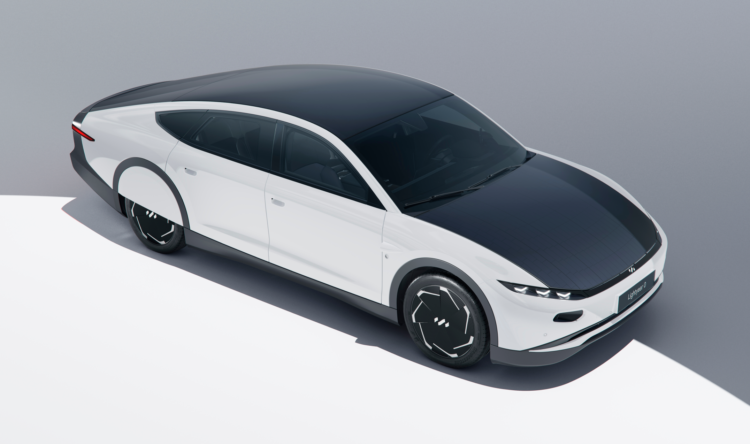Car registrations struggling
The economy, war and ongoing Covid issues slow car sales
UK new car registrations fell by -15.8% to 119,167 units in April.
This is according to the latest figures from the Society of Motor Manufacturers and Traders (SMMT).
Despite showrooms being fully open, global supply chain shortages have continued to constrain the delivery of new vehicles. On top of this comes the economic worries of rising living costs, inflation and consumer confidence.
Supply and demand
April’s decline was driven primarily by a -33.3% decrease in large fleet registrations. Manufacturers continue to prioritise private consumers given robust demand, which helped this market segment see a modest increase of 4.8%. Smaller business registration volumes fared better, growing by 15.4%.
Battery electric vehicles (BEVs) registrations continued to grow with 12,899 of the latest zero emission cars joining UK roads. This is an increase of 40.9% on the same month last year, and meaning a 10.8% market share, up from 6.5% last year. While registrations of hybrids (HEVs) also rose by 18.3%, the number of new plug-in hybrid (PHEV) registrations decreased by a third (-32.8%). As a result, electrified vehicles comprised 27.9% of all new car registrations during April.
Prices, pandemics and war
The sector faces further economic headwinds. Rising inflation, fuel costs and the prospect of ‘stagnation’ are all putting the brakes on sales. Further supply chain and other uncertainties continue from the global political situation, ongoing Covid issues in China and the effects of the Russian invasion of Ukraine.
On a more positive note, however, drivers able to invest in a new vehicle can still reap benefits. Interest rates remain historically low, grants for BEVs will be in place until at least early 2023, and running costs associated with new electric cars are generally lower than those of petrol or diesel. However, new cars are becoming more difficult to source, with VW announcing it has no new stock available.
Looking ahead
SMMT has revised its market outlook for 2022 in light of the issues. It expects 1.72 million new cars new cars to be registered during the year, down from the 1.89 million outlook in January. While this still represents a 4.5% rise on 2021, it reflects the supply and economy issues.
The automotive industry remains supportive of the UK’s Net Zero ambitions. It is committed to ending the sale of petrol and diesel cars and vans by 2035.
However, government’s road transport decarbonisation objectives are reliant on increasing volumes of electric vehicles being sold each year. Another obstacle cited by customers to this transition is the UK’s charging infrastructure. This comes despite the government’s investments and subsidies. Demand i outstripping supply in nearly all areas of the country.
Positive thinking
Mike Hawes, SMMT Chief Executive, states: “The worldwide semiconductor shortage continues to drag down the market, with global geopolitical issues threatening to undermine both supply and demand in the coming months. Manufacturers are doing everything they can to deliver the latest low and zero emission vehicles, and those considering purchase should look to place their orders now to benefit from incentives, low interest rates and reduced running costs. Accelerating the transformation of the new car market and the carbon savings demanded of road transport in such difficult times requires not just the resolution of supply issues, however, but a broader package of measures that encourages customer demand and addresses obstacles, the biggest of which remains charging anxiety.”











